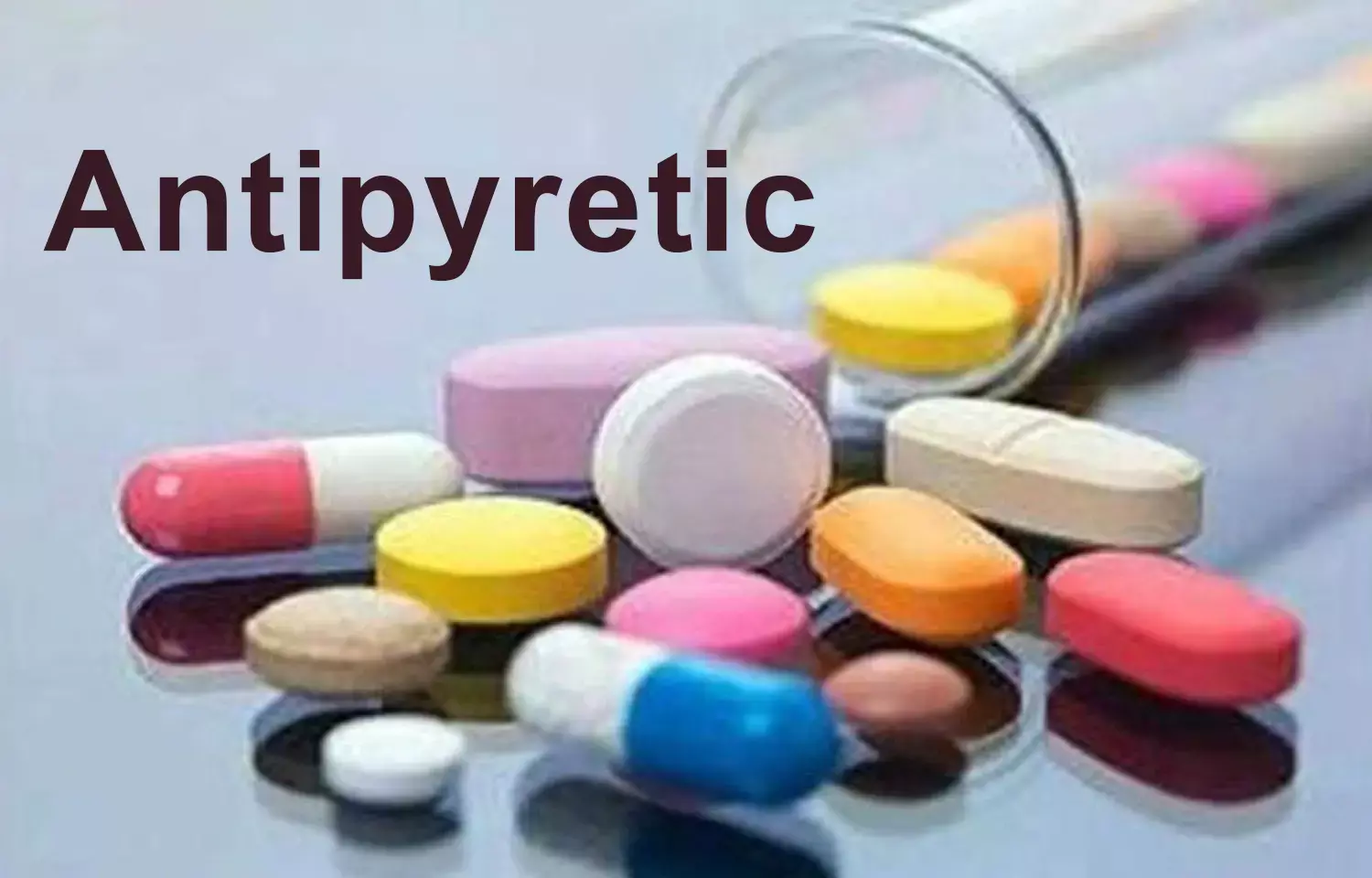- Home
- Medical news & Guidelines
- Anesthesiology
- Cardiology and CTVS
- Critical Care
- Dentistry
- Dermatology
- Diabetes and Endocrinology
- ENT
- Gastroenterology
- Medicine
- Nephrology
- Neurology
- Obstretics-Gynaecology
- Oncology
- Ophthalmology
- Orthopaedics
- Pediatrics-Neonatology
- Psychiatry
- Pulmonology
- Radiology
- Surgery
- Urology
- Laboratory Medicine
- Diet
- Nursing
- Paramedical
- Physiotherapy
- Health news
- Fact Check
- Bone Health Fact Check
- Brain Health Fact Check
- Cancer Related Fact Check
- Child Care Fact Check
- Dental and oral health fact check
- Diabetes and metabolic health fact check
- Diet and Nutrition Fact Check
- Eye and ENT Care Fact Check
- Fitness fact check
- Gut health fact check
- Heart health fact check
- Kidney health fact check
- Medical education fact check
- Men's health fact check
- Respiratory fact check
- Skin and hair care fact check
- Vaccine and Immunization fact check
- Women's health fact check
- AYUSH
- State News
- Andaman and Nicobar Islands
- Andhra Pradesh
- Arunachal Pradesh
- Assam
- Bihar
- Chandigarh
- Chattisgarh
- Dadra and Nagar Haveli
- Daman and Diu
- Delhi
- Goa
- Gujarat
- Haryana
- Himachal Pradesh
- Jammu & Kashmir
- Jharkhand
- Karnataka
- Kerala
- Ladakh
- Lakshadweep
- Madhya Pradesh
- Maharashtra
- Manipur
- Meghalaya
- Mizoram
- Nagaland
- Odisha
- Puducherry
- Punjab
- Rajasthan
- Sikkim
- Tamil Nadu
- Telangana
- Tripura
- Uttar Pradesh
- Uttrakhand
- West Bengal
- Medical Education
- Industry
Aggressive Antipyretic Therapy Reduces Seizure Risk in Children with CNS Malaria: JAMA

Researchers have found that aggressive antipyretic therapy significantly lowers the risk of multiple or prolonged seizures in children with central nervous system (CNS) malaria. A recent randomized clinical trial compared the efficacy of scheduled acetaminophen and ibuprofen with usual care using acetaminophen alone. This study was published in JAMA Neurology by Gretchen L. and colleagues.
Malaria with neurological involvement often results in long-term complications, with one-third of survivors developing sequelae. Higher maximum temperature (Tmax) and seizures are known risk factors for these outcomes. Effective management of fever in these children is crucial. This study aimed to evaluate whether aggressive antipyretic therapy could improve clinical outcomes compared to usual care.
The study was conducted from 2019 to 2022 across inpatient pediatric services at a tertiary care and a district hospital in Zambia, and a tertiary care center in Malawi. Children aged 2 to 11 years with CNS malaria, excluding those with creatinine levels above 1.2 mg/dL, were included. A total of 256 participants were randomized into two groups: aggressive antipyretic therapy (n=128) and usual care (n=128).
Aggressive Antipyretic Group: Received acetaminophen (30 mg/kg load, then 15 mg/kg) plus ibuprofen (10 mg/kg) every 6 hours for 72 hours, irrespective of their temperature.
Usual Care Group: Received 15 mg/kg of acetaminophen as needed every 6 hours for temperatures above 38.5°C.
The primary outcome was Tmax over 72 hours, with secondary outcomes including seizure frequency and parasite clearance times. Data analysis was conducted between December 2022 and April 2023.
• The aggressive antipyretic group showed a significantly lower Tmax of 38.6°C compared to 39.2°C in the usual care group (difference, -0.62°C; 95% CI, -0.82 to -0.42; P<.001).
• Additionally, the odds of experiencing multiple or prolonged seizures were markedly lower in the aggressive therapy group, with 10 children (8%) affected compared to 34 children (27%) in the usual care group (OR, 0.26; 95% CI, 0.12 to 0.56).
• Severe adverse events occurred in 40 children (15%), with 25 (20%) in the usual care group and 15 (12%) in the aggressive antipyretic group, including 13 deaths (10 [8%] in usual care vs 3 [2%] in aggressive therapy).
• Increased creatinine led to discontinuation of the study drugs in 8 children (6%) in the usual care group and 13 children (10%) in the aggressive antipyretic group (OR, 1.74; 95% CI, 0.63 to 5.07).
The aggressive antipyretic therapy not only lowered Tmax to levels comparable to children without neurological impairments in prior studies but also significantly reduced the risk of seizures without extending the duration of parasitemia. This finding highlights the potential benefits of a more proactive approach to fever management in children with CNS malaria.
Aggressive antipyretic therapy reduces the maximum temperature and the risk of multiple or prolonged seizures in children with CNS malaria. This approach offers a significant improvement in clinical outcomes, emphasizing the need for proactive fever management in this vulnerable population.
Reference:
Birbeck, G. L., Seydel, K. B., Mwanza, S., Tembo, D., Chilombe, M., Watts, A., Ume-Ezeoke, I., Mathews, M., Patel, A. A., Mwenechanya, M., Pensulo, P., & McDermott, M. P. (2024). Acetaminophen and ibuprofen in pediatric central nervous system malaria: A randomized clinical trial. JAMA Neurology. https://doi.org/10.1001/jamaneurol.2024.1677
Dr Riya Dave has completed dentistry from Gujarat University in 2022. She is a dentist and accomplished medical and scientific writer known for her commitment to bridging the gap between clinical expertise and accessible healthcare information. She has been actively involved in writing blogs related to health and wellness.
Dr Kamal Kant Kohli-MBBS, DTCD- a chest specialist with more than 30 years of practice and a flair for writing clinical articles, Dr Kamal Kant Kohli joined Medical Dialogues as a Chief Editor of Medical News. Besides writing articles, as an editor, he proofreads and verifies all the medical content published on Medical Dialogues including those coming from journals, studies,medical conferences,guidelines etc. Email: drkohli@medicaldialogues.in. Contact no. 011-43720751


